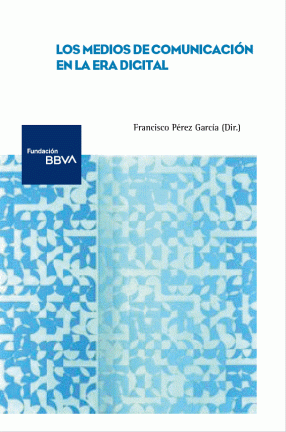
PublicationMonographs
Los medios de comunicación en la era digital
This publication analyzes the evolution of the mass media in Spain. It considers the technological, economic and social aspects of the various transformations that have taken place, among which digitalization emerges as the main lever of change.
The study moves between the fields of economics and communication, pursuing a balanced mix between the conceptual and the empirical. In considering the impact of digitalization, it analyzes the public’s changing habits in the way they relate to the media and access information and, from a theoretical perspective, the key aspects in the value proposition of media corporations, along with the transformation of their business model. On the economic side, it quantifies the weight of the sector in terms of added value and employment in Spain and neighbor countries, and conducts an economic-financial analysis of the companies within it. Among the points considered are the quality of media employment, the labor market insertion of professionals and its determinants, and technology-driven changes in industry occupations and the knowledge and skills required.
The research reveals that digitalization has accelerated incipient changes and highlights the many problematic features of the current situation. Audience fragmentation and declining revenues have led to a process of concentration that, together with changes in user and advertiser behavior, has affected the competitive dynamics of the sector. The media must rethink their sources of income in order to be viable. Media employment has tightened after experiencing a significant decline, especially in print media. Higher-skilled human resources are exposed to a lower risk of automation, but professionals will have to adapt their skills to the demands of a digital environment, and hone their ability to produce rigorous content in a setting where it is increasingly difficult to distinguish between information, opinion and advertising.
This monograph is aimed at media professionals, but will also find interested readers among all those interested in economic and social issues or concerned about the role of the media in shaping public opinion in advanced societies.
